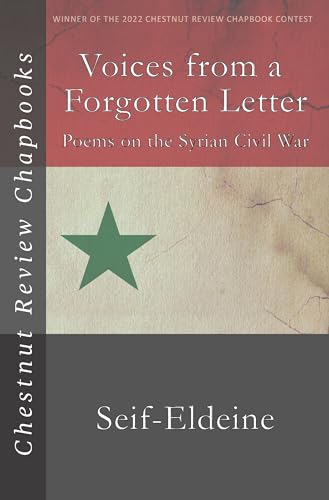Xuezhi Guo examines traditional Chinese political theory that fuses idealistic altruist pursuit with functional practicability. He investigates the ideal personality criteria of political leaders for both ideal and real politics--a combination of the values and ethics of Confucian, Daoist, and Legalist traditions.
While addressing complementary roles of Chinese schools of thought in which ideal personality is grounded, Guo identifies five characteristics of an ideal political leader, traces their evolution, and then analyzes these characteristics as they influence ideal personality of political leaders. As modeled by a paragon of combining the Confucian noble man, the Daoist sage or authentic person, and the Legalist enlightened leader, Chinese political leaders pursue humaneness, ritualism, moralism, and follow naturalism in order to seek political survival and advancement against the radical development of Confucian political zealousness. He emphasizes the philosophical and historical conditions that facilitate the production of agency in an effort to understand how the legacy continues. A provocative analysis that will be of interest to scholars, researchers, and policy makers involved with Chinese politics, history, and philosophy.


